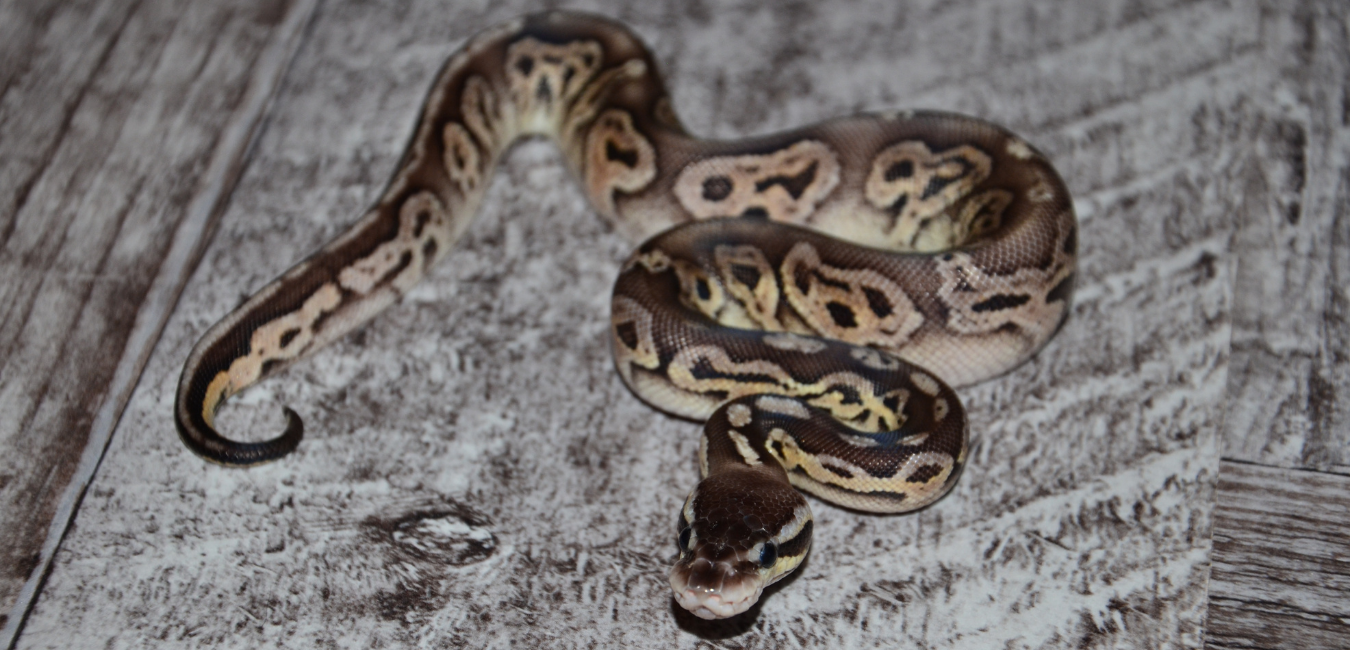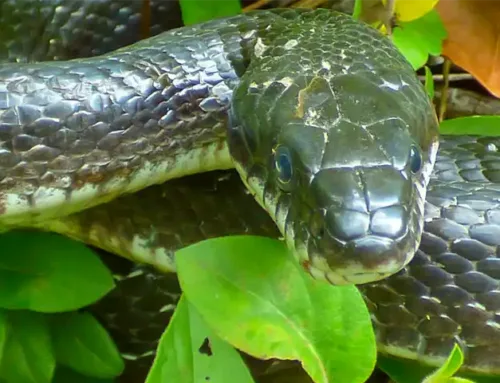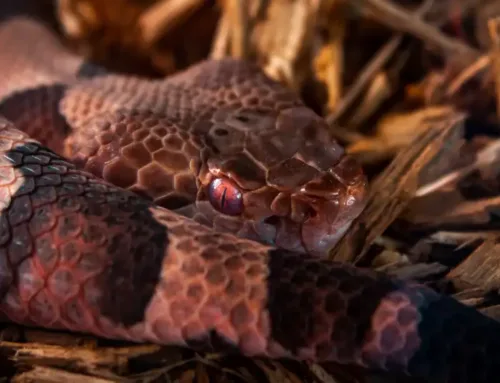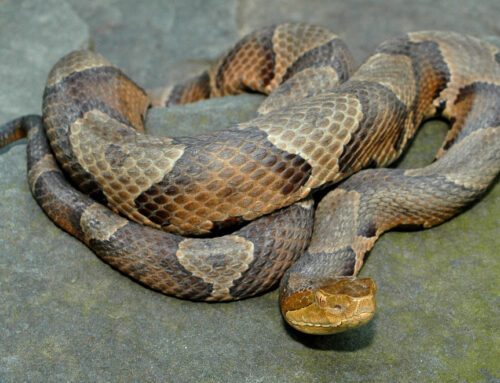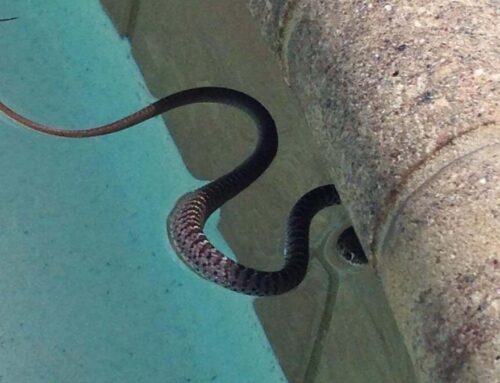Have you found a snake or two, or maybe even a few snake babies in your basement? Here’s why snakes are attracted to your basement, and what to do if you find one in your home.
Why Snakes Like Basements
Snakes like safe, small cracks in rocks for sleeping. Snakes will wedge themselves into small cracks, and since most basements are made of concrete and stone it only stand to reason that your basement is a perfect hideaway for snakes. Basements with cracked foundations, ground-level windows or walls made of cinderblock are also susceptible to snakes.
Get Rid of Snakes in Basement
If you find a snake (or a family of snakes) in the basement, the first thing you’ll want to do is devise the best method to safely remove it. Find out if there are venomous snakes in your area such as the Copperhead, Timber Rattlesnake, or the Cottonmouth (Water Moccasin) before attempting to handle the snake yourself. Identify the snake and call a snake removal specialist or wildlife removal. If you are certain it is a non-venomous snake, there are a number of easy, no-kill snake traps you can purchase. Trap-and-release is the most humane (and legal) way to get rid of snakes.
How to Keep Snakes Out
Once you or your local wildlife removal specialist has solved your snake problem, you’ll want to take steps to make sure the snakes don’t return. A few very effective means of snake exclusion include:
- Seal up entrances, holes, windows, under doors, lose boards, etc. Make sure you go through your basement with a fine-tooth comb to make sure you have no more spots where a snake can get in. Pay close attention to pipes, as those can be entrance points as well. Unlike rodemts, snakes cannot dig or chew away the patches you apply to your home. Fixing old mortar and foundation cracks will also help prevent your home from becoming structurally unsound in the future.
- Get rid of any food source. One of the main reasons why snakes may be attracted to your basement is because there are tasty mice, rodents or frogs present. If you’ve got food for snakes, they will come calling! Make sure to take care of that issue when you’re sealing up your basement as well.
- Call a professional snake removal specialist to set traps and create a personalized snake removal program for you that includes monthly maintenance and/or exclusion services.
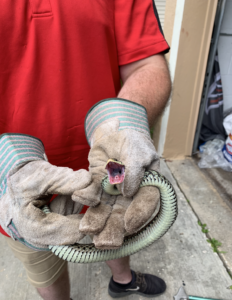
Professional Snake Removal
What NOT to Do if you Have Snakes
- Do not attempt to trap or remove the snake unless you’re certain it is not venomous or harmful
- Do not kill the snake
- Do not use mothballs. The active ingredient in mothballs is naphthalene or paradichlorobenzene. These chemicals are toxic to insects and mammals, but are not effective against snakes (San Julian, 1985). Naphthalene may cause illness in humans, and have been linked to death in children. Using mothballs outside your home violates product labels, and puts your family and pets at risk. Do not use mothballs. Here’s a short video showing mothballs are ineffective against snakes.
- Do not use sulfur. Many snake-away products claim that sulfur in their products will keep snakes away. Unfortunately sulfur is not effective at deterring snakes and is a waste of money
- Do not release other snakes such as kingsnakes, racers, or other snake predators.
